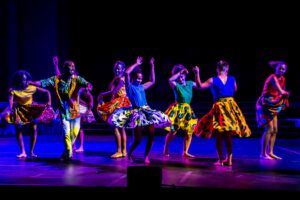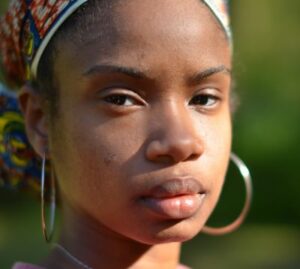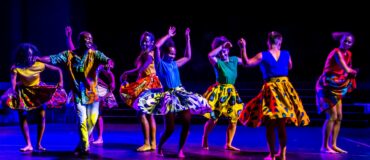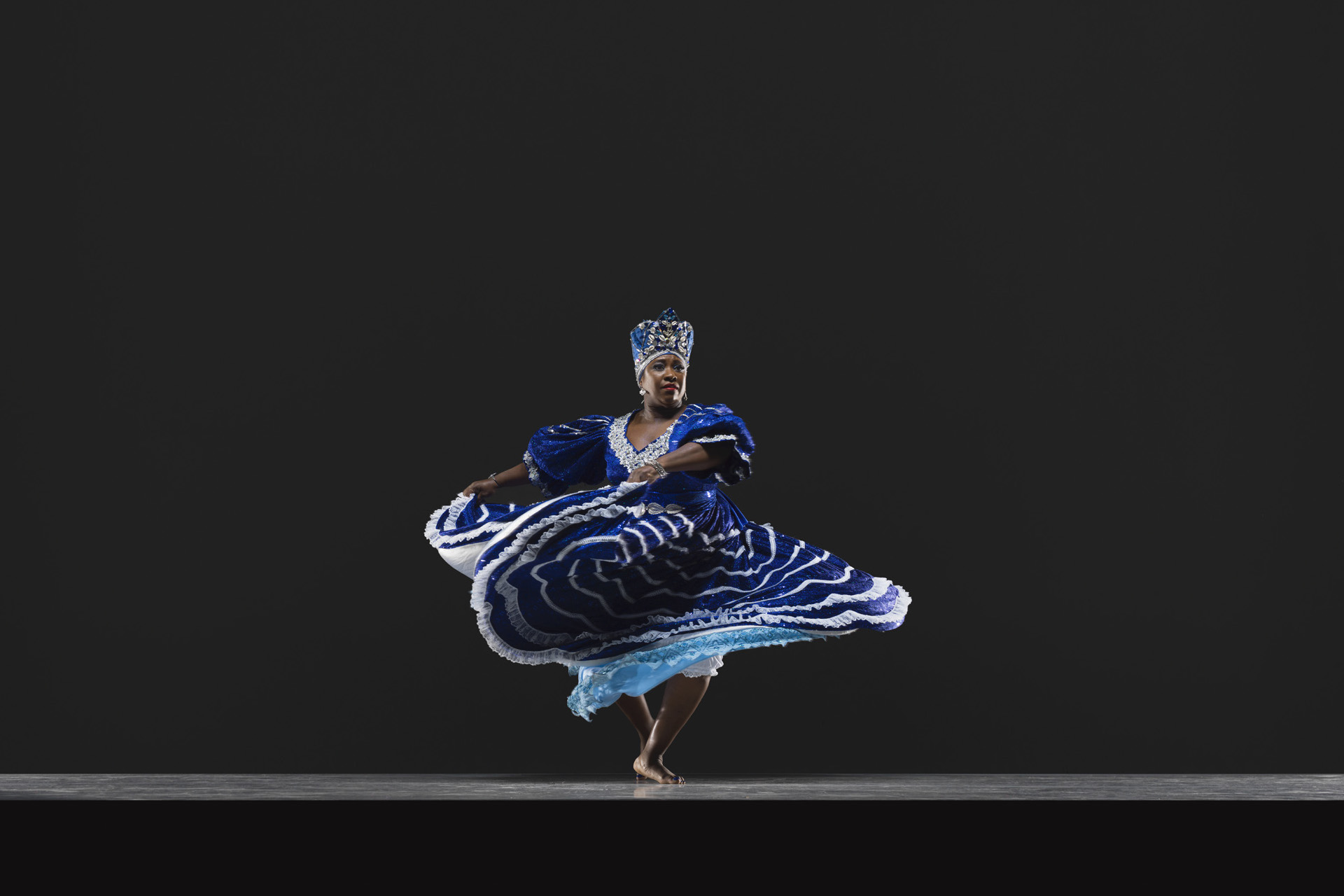By Sasha Jelan
Sasha Jelan is a 2020/21 Dance/USA Archiving & Preservation Fellow. Phase 1 of her Fellowship ran from June-September 2020, and was hosted remotely by Viver Brasil. For Phase 2 in the summer of 2021, Sasha is continuing her work with Viver Brasil, remotely and in site. Read more about the Fellowship program here. This is the second part of Sasha’s blog. Read the first part here.
September 21, 2021: Choreographing Success
As a 2020/2021 Archiving Fellow, I work directly with Viver Brasil, an Afro-Brazilian dance company based in Los Angeles, CA. I have been working alongside co-founding Artistic Director Linda Yudin. The fellowship initially aimed to conduct an assessment and begin to archive the company’s 23-year history with a focus on the elder master teachers. This was to involve hands-on processing at the company’s administrative office, working full time over a two-month period in 2020. Due to Covid-19, however, we had to abruptly pivot to an online/remote practice, which was, in short, challenging.

Linda Yudin (left) and Sasha Jelan (right), in Los Angeles, August 2021.
The pandemic forced us to reconsider the entire strategy of our project and our workflow. During the first phase of the pandemic, our approach was very much like a piece of improvisational choreography–each day managing a piece of Viver Brasil’s history and our own remote strategy until we felt that we had a piece that moved toward completion. This meant for the project: ongoing discussions of the company’s history and locating documents, choreographies, interviews, and videos of all formats. The project was rooted in being hands-on, but social distancing required us to reimagine how we would define our successes and how we could bring order to what felt like chaos. The change also made us realize that this company, founded in 1997, needed assistance in meeting the demand for digital access to its records.

Viver Brasil in “Para Onde O Samba Me Leva/Where the Samba Takes Me,” with dancers Nagode Simpson, Samad Guerra, Ashley Blanchard, Bianca Medina, Marina Magalhães, Rachel Hernandez. Photo by Jorge Vismara, courtesy of Viver Brasil.
By responding to the situation that faced us, we learned what was needed and agreed to create smaller, modular goals that we could accomplish virtually and in our respective homes. In this process of getting to know the company and honoring the responsibilities of the fellowship, we found our rhythm! Even within our frustration we were able to define our own success within the limitations that faced us. We recognized that because archiving had not yet been a pressing priority for the company (due to capacity and finances), a formal structure for both archiving and cataloging the rich history of Viver Brasil was necessary. Through our many Zoom meetings, we narrowed down our approach to prioritize materials that documented the legacy of Viver Brasil’s master teacher and elder, Joselita Moreira da Cruz Silva, better known as Zelita. She became our guiding force as Ms. Yudin has conducted numerous interviews and preserved the many photos and videos of this extraordinary sambadeira. Two of the greatest triumphs in this challenging time were: 1) shaping our vision of a dance archive and 2) managing our expectations of what we could realistically achieve. Covid-19 forced us to shift our perspective of success, acknowledging that success can come in small doses.
As a woman of African descent, it was important for me to work with a company that focused on the histories of the African Diaspora. The material within Viver Brasil’s archive has value beyond its company members. It holds records of the elders, belief systems, and culture of an under-documented and underrepresented African Diasporic community of Salvador Bahia. The continuation of this work past the fellowship timeline is fundamental. It proves the necessity of archivists for dance companies who wish to preserve their legacies, which will in turn contribute to the diversity of archival resources available to the public.

Sasha Jelan is currently pursuing a masters degree in Archival Studies at Clayton State University. She received her BA in Art at the University of Southern California’s Roski School of Art & Design, with an emphasis in photography.
Sasha’s professional experience includes supporting the digitization and educational programming of institutions such as the Metropolitan Museum of Art and the Studio Museum in Harlem. Her archival practice is rooted in re-thinking and reclaiming the authorship and access of the African Diaspora.
Dance was a constant in Sasha’s youth, where she studied West African, Ballet and Modern dance techniques. Sasha is very excited to revisit the history of African Dance with Viver Brasil, and to support an organization whose mission closely aligns with her archival interests.
____
We accept submissions on topics relevant to the field: advocacy, artistic issues, arts policy, community building, development, employment, engagement, touring, and other topics that deal with the business of dance. We cannot publish criticism, single-company season announcements, and single-company or single artist profiles. Additionally, we welcome feedback on articles. If you have a topic that you would like to see addressed or feedback, please contact communications@danceusa.org.
Disclaimer: Opinions expressed in guest posts do not necessarily represent the viewpoints of Dance/USA.




